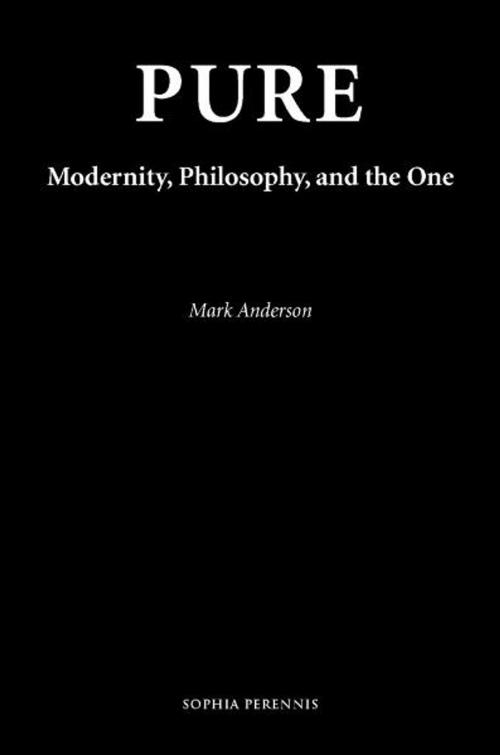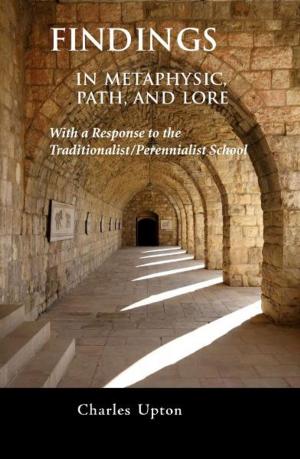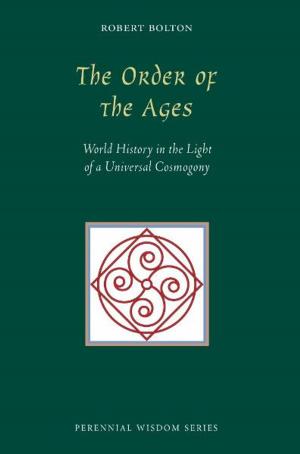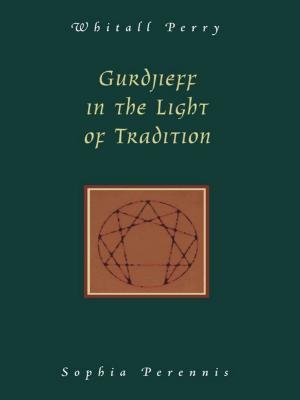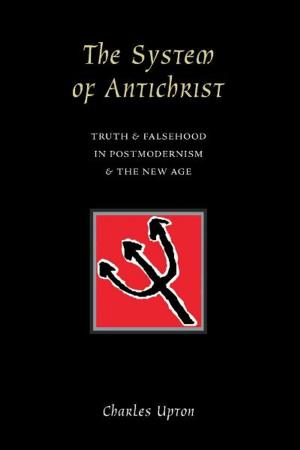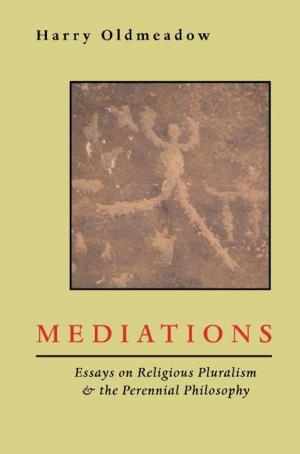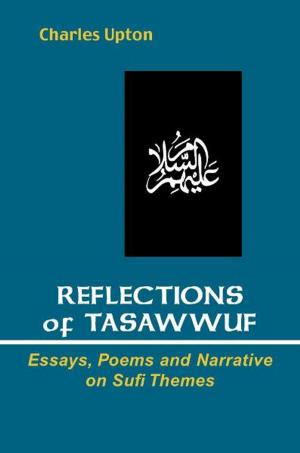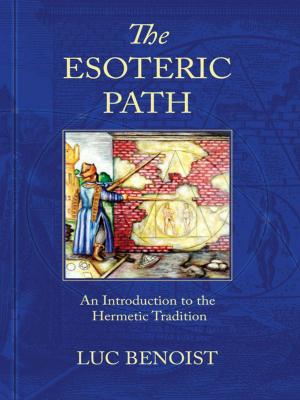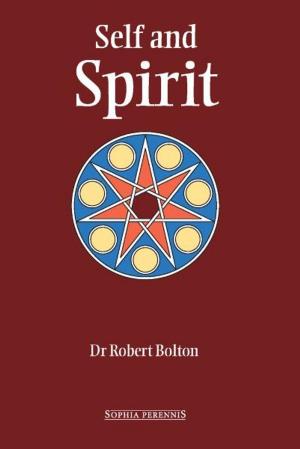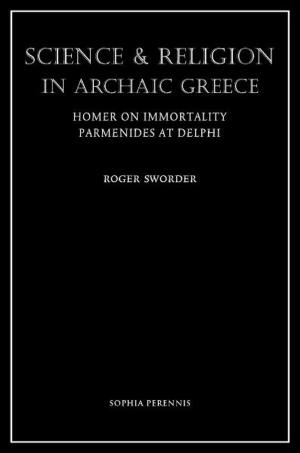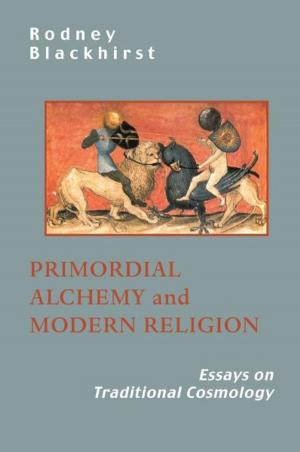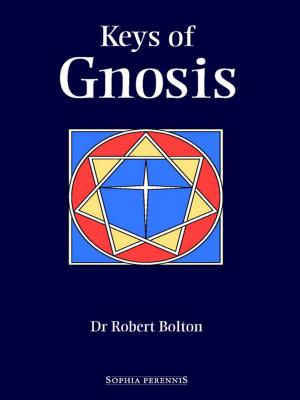| Author: | Mark Anderson | ISBN: | 9781597319928 |
| Publisher: | Sophia Perennis | Publication: | June 27, 2009 |
| Imprint: | Sophia Perennis | Language: | English |
| Author: | Mark Anderson |
| ISBN: | 9781597319928 |
| Publisher: | Sophia Perennis |
| Publication: | June 27, 2009 |
| Imprint: | Sophia Perennis |
| Language: | English |
Pure: Modernity, Philosophy, and the One is an experimental work of philosophy in which the author aspires to think his way back to a "premodern" worldview derived from the philosophical tradition of Platonism. To this end he attempts to identify and elucidate the fundamental intellectual assumptions of modernity and to subject these assumptions to a critical evaluation from the perspective of Platonic metaphysics. The author addresses a broad range of subjects - from ethics, politics, metaphysics, and science to the philosophies of Plato, Plotinus, Schopenhauer, and Nietzsche - without losing sight of the single aim of formulating a premodern perspective in opposition to modernity. The work culminates in a series of essays on the practice of purification, a form of intellectual and spiritual discipline acknowledged by ancient and medieval philosophers alike to be a necessary preliminary to metaphysical insight. Pure is informed throughout by rigorous scholarship, but it is not an "academic" work. The author avoids the plodding and professorial tone typical of contemporary philosophical research in favor of a meditative and aphoristic style. The book, in short, is learned without being pedantic. Readers interested in the history of philosophy and the intellectual roots of the crisis of modernity will find in Pure substantial matter for reflection.
Pure: Modernity, Philosophy, and the One is an experimental work of philosophy in which the author aspires to think his way back to a "premodern" worldview derived from the philosophical tradition of Platonism. To this end he attempts to identify and elucidate the fundamental intellectual assumptions of modernity and to subject these assumptions to a critical evaluation from the perspective of Platonic metaphysics. The author addresses a broad range of subjects - from ethics, politics, metaphysics, and science to the philosophies of Plato, Plotinus, Schopenhauer, and Nietzsche - without losing sight of the single aim of formulating a premodern perspective in opposition to modernity. The work culminates in a series of essays on the practice of purification, a form of intellectual and spiritual discipline acknowledged by ancient and medieval philosophers alike to be a necessary preliminary to metaphysical insight. Pure is informed throughout by rigorous scholarship, but it is not an "academic" work. The author avoids the plodding and professorial tone typical of contemporary philosophical research in favor of a meditative and aphoristic style. The book, in short, is learned without being pedantic. Readers interested in the history of philosophy and the intellectual roots of the crisis of modernity will find in Pure substantial matter for reflection.
